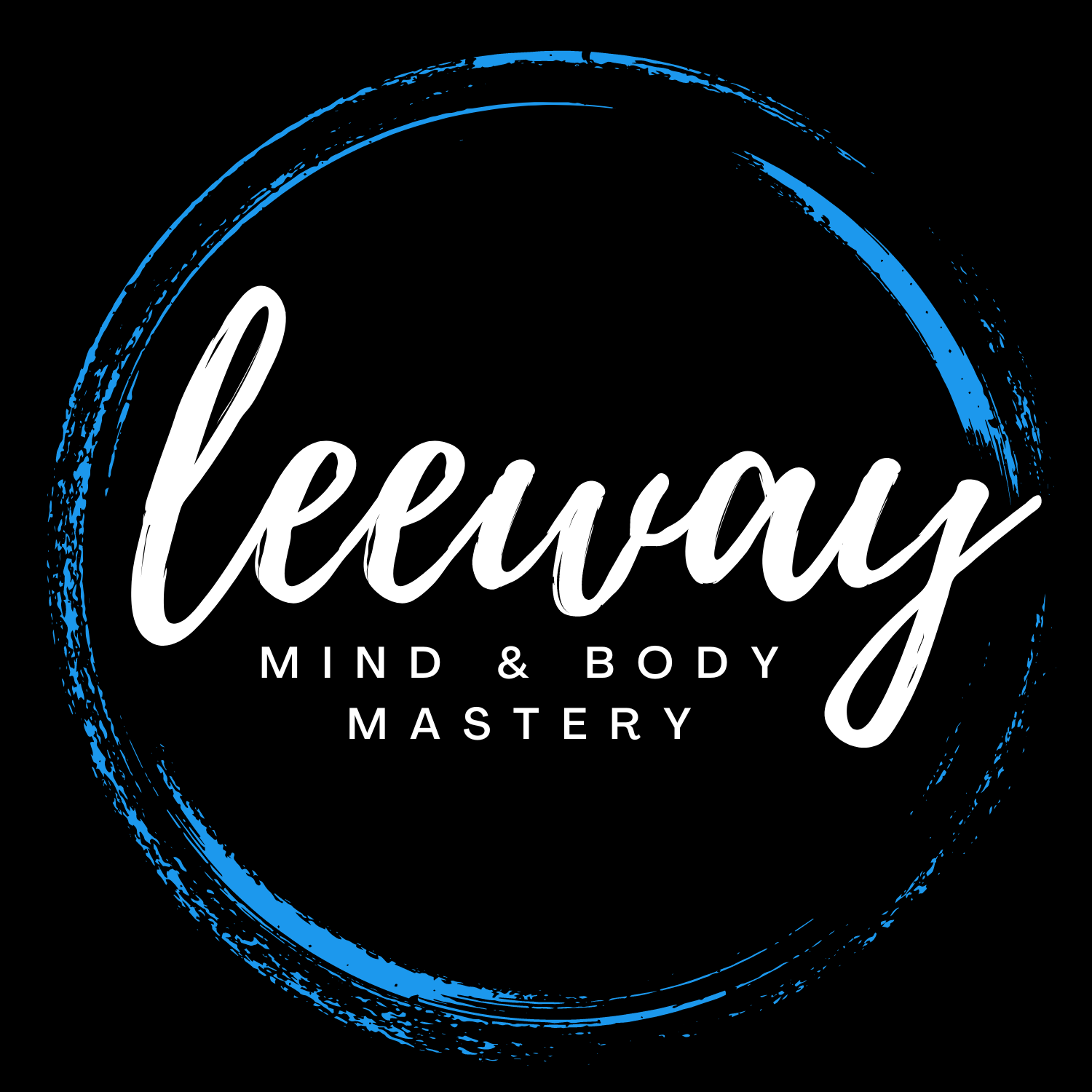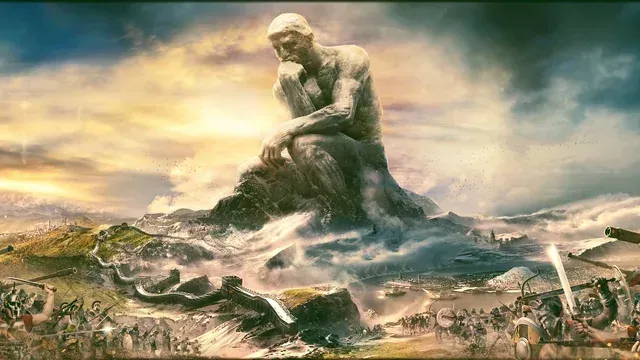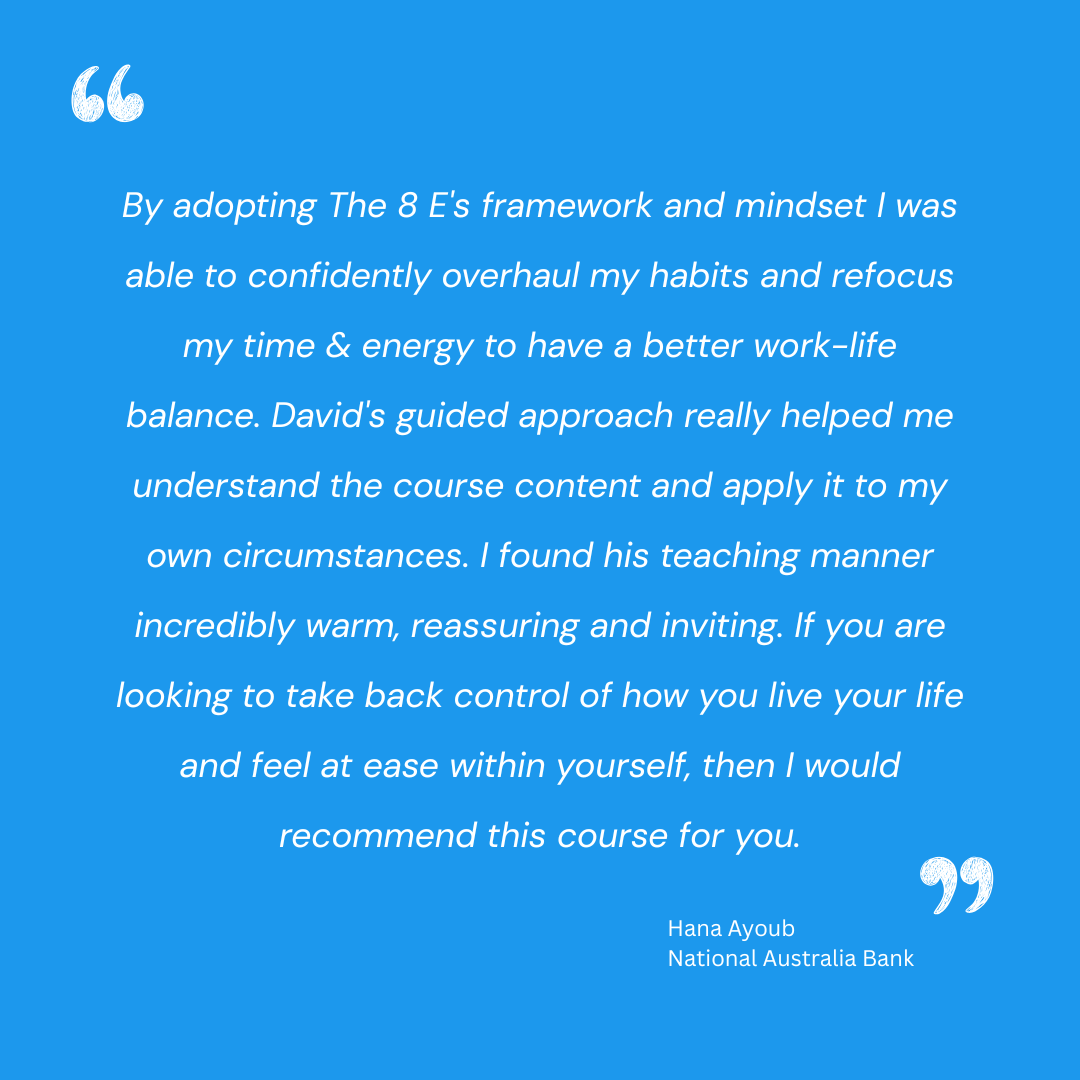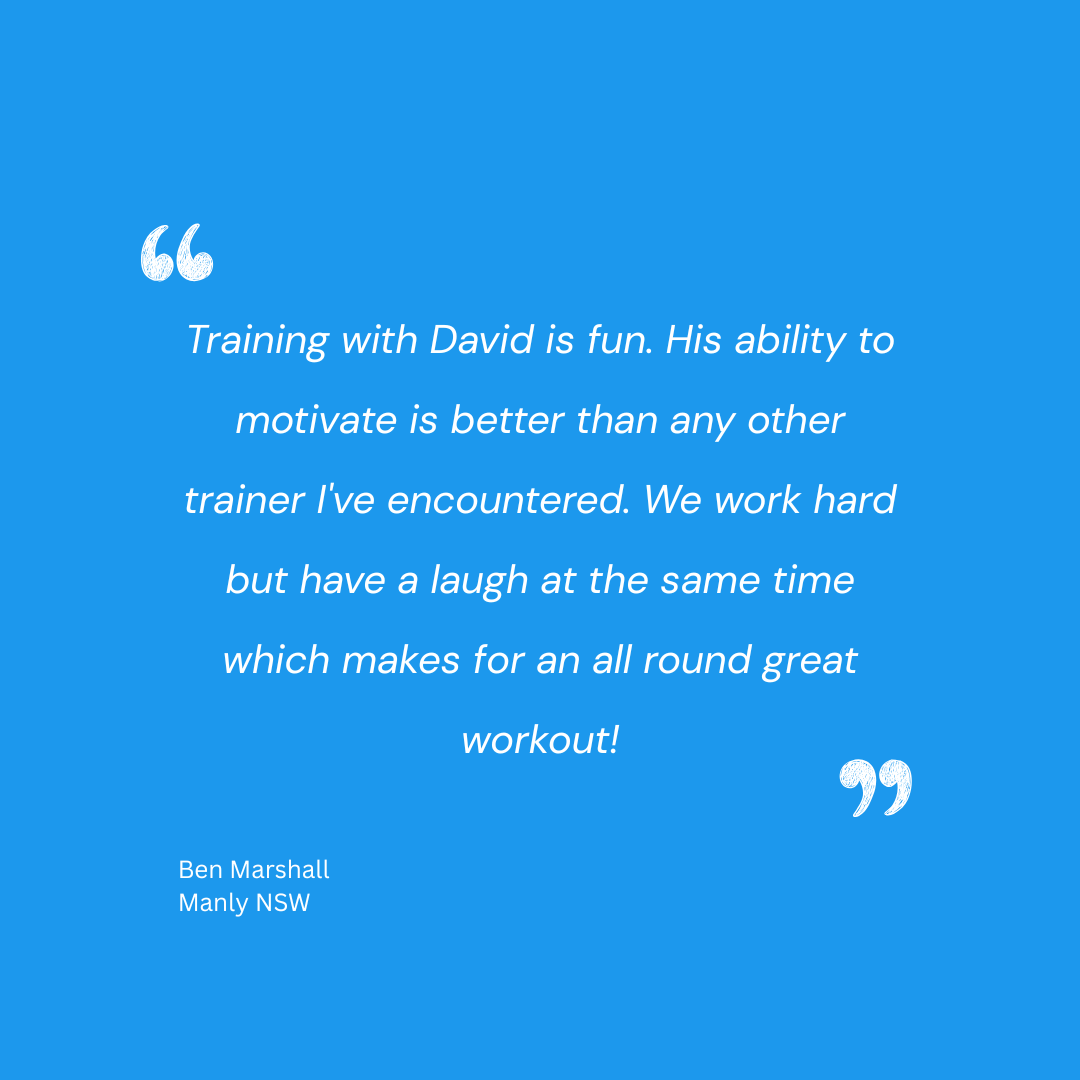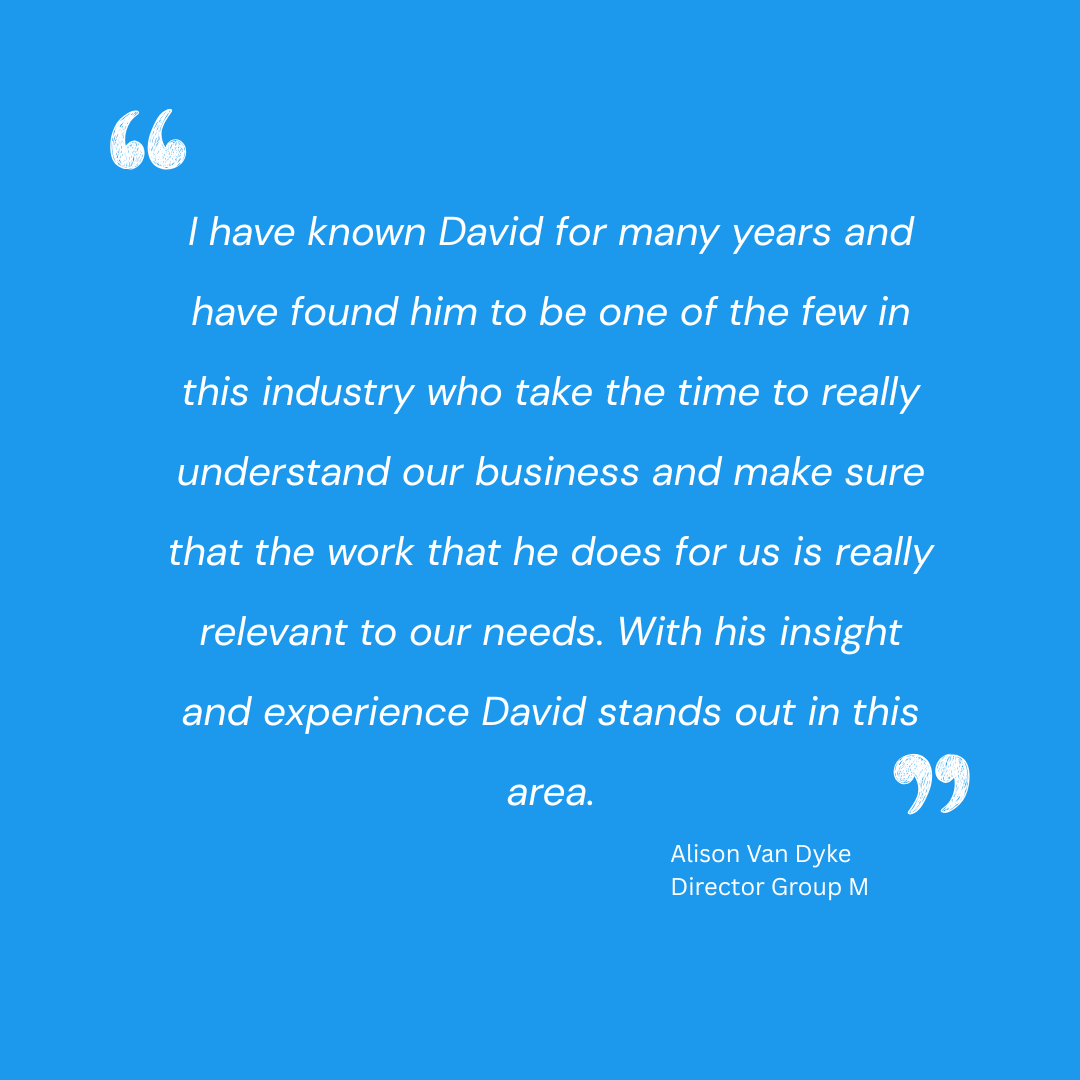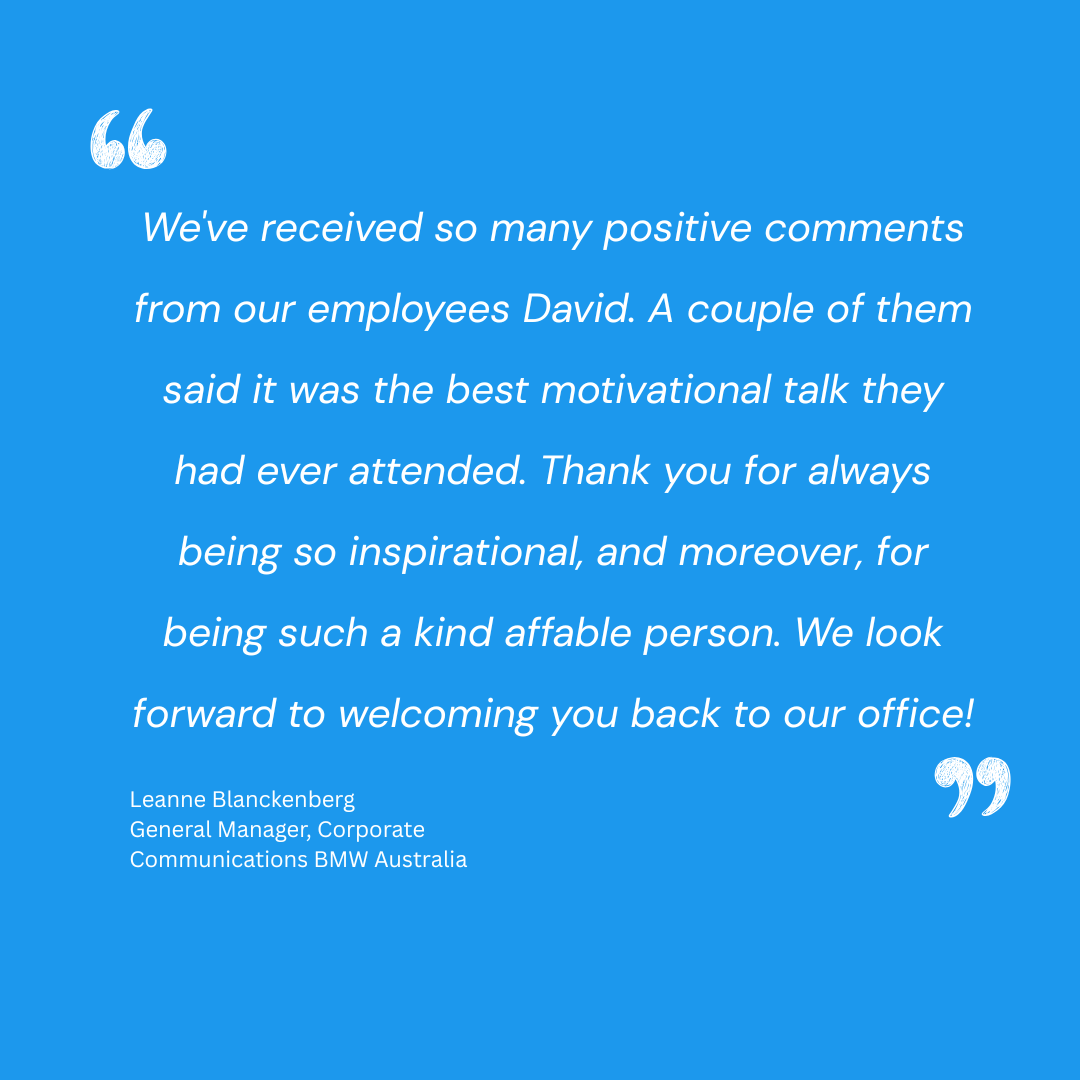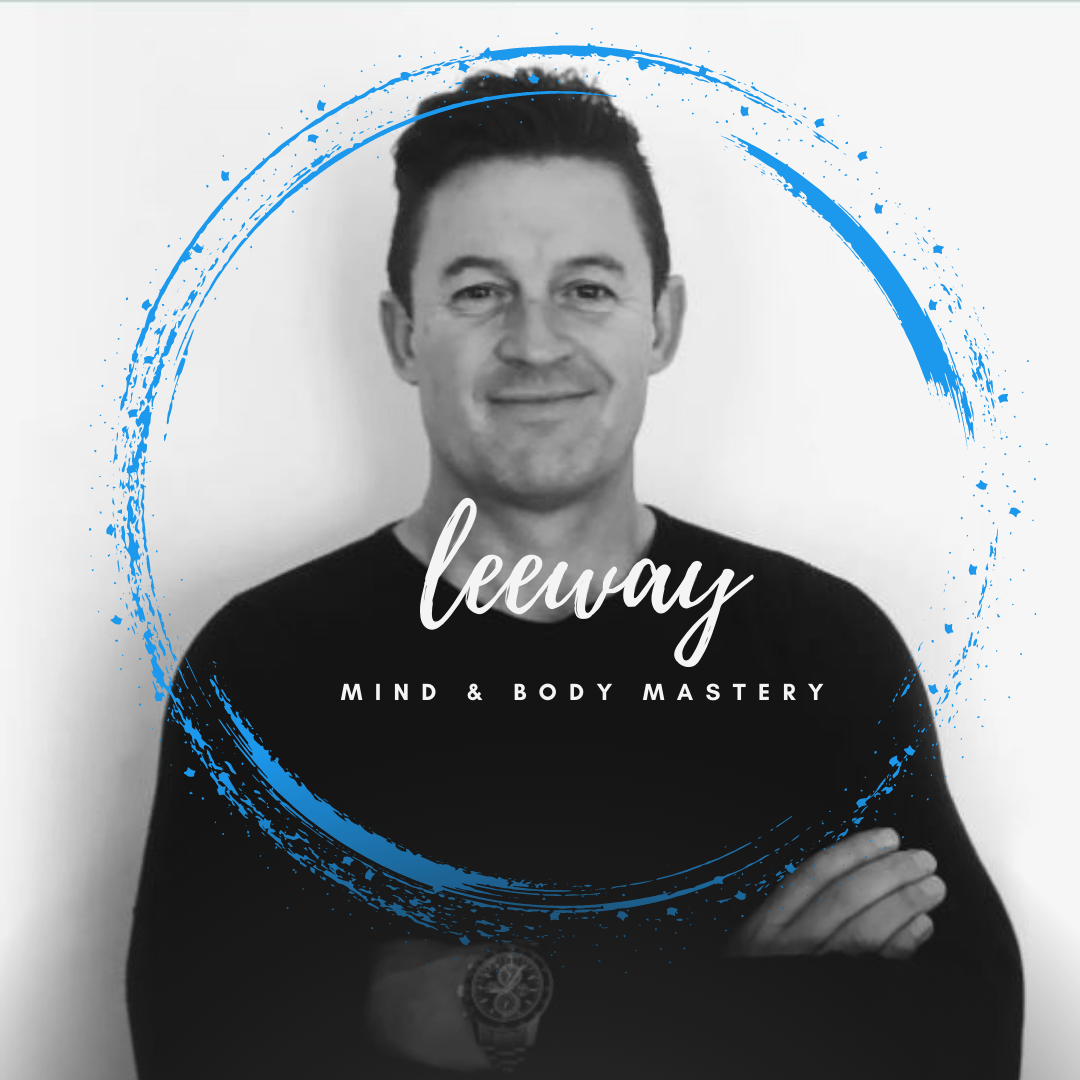An attitude of Greatitude
July 19, 2021
I complained I had no shoes until I met a man who had no feet...
In searching for the author of this quote, I find it has been attributed to Confucius, Mahatma Ghandi, Helen Keller, An Irish Proverb and even French football phenomenon Zinedine Zidane, quoted as having said “I once cried because I had no shoes to play soccer, but one day, I met a man who had no feet.”
I had rattled off the expression during a presentation I was giving around Covid resilience in our most recent bout of lockdowns here in Sydney, Australia.
I had been asked in the Q&A component what advice I would give to people in relation to how to handle the “setbacks” the disappointment of extended lockdowns was bringing.
I moved on from my feet analogy, with even greater emphasis on perspectivism, referring to the book I recommend more than any other, as essential reading for anyone struggling with their “WHY” or “PURPOSE” in life - Victor Frankl’s “Man’s Search for Meaning” – you can grab a copy here
Written in 1946 as a first-hand account, chronicling Frankl’s experiences as a prisoner across 4 Nazi concentration camps during World War II, and describing his psychotherapeutic method; logotherapy, which involved identifying a purpose in life to feel positive about, and then committing to imagining that purposeful outcome as inevitable.
My reference was in relation to how prisoners had pinned their hopes on the war ending and them being home by Christmas and each year as Christmas came and went and their imprisonment continued, prisoners would succumb to life ending illnesses such as typhus very soon afterwards or just give up on life in general without the ability to find their life’s meaning …
Within Man’s Search for Meaning Frankl refers to the 3 stages prisoners are faced with:
The first phase was that of Shock upon incarceration and admission to camp. Prisoners reacted in “out of character” ways.
The second phase was Apathy. After the initial shock of the atrocities, prisoners routinely accepted their new normal and became numb to the physical and psychological pain of the daily torment and suffering.
The third phase was that of Depersonalization.
Upon being released and tasting freedom, they felt as though they were observers of their life disconnected from themselves, their thoughts, and their feelings, almost as though in a dreamlike or rather, nightmarish condition.
Of the prisoners who seemed to avoid deterioration, it was those who were able to retain their sense of personal identity who had the highest peace of mind and survival. Frankl noted that survival and self-preservation depended more on mental-emotional strength than physical strength.
Healthy survivors had key coping methods:
Rich inner lives.
Prisoners who had rich inner lives coped much better than those who did not. Something as simple as appreciating the beauty of the odd sparrow which landed on the barbed wire fence surrounding the concentration camps, a sense of humour (dark as it may have had to be at times) religious or spiritual beliefs, prayer, writing - as Frankl did - a vivid imagination, a sheer love for life itself and somehow, an attitude of gratitude.
Goals for the future. Prisoners were stripped of their identities, possessions, and dignity, with no idea if or when their day of freedom would arrive. Those who still maintained their goals for life were able to persevere.
Frankl quotes another of my favourite all time quotes of German philosopher Friedrich Wilhelm Nietzsche “He who has a why to live can bear almost any how.”
Purpose. Despair, Frankl posits, is suffering without meaning, once meaning is established, tragedies can be turned into personal triumphs.
My personal belief is that life is about meaning and memories. You create the meaning from the memories and the memories from the meaning.
Identifying where you find your true meaning in life, can help you to identify your life’s purpose.
I like to ask people where they find their greatest joys in life?
A simple 2-fold question I ask is “where do you spend most of your time and most of your money, happily?”
For me, many years ago, I realised I chose to spend most of my “free” time in some form of fitness or healthy activity and most of my money on the equipment or attire these activities required and books. Self-help books. Lots of Self-help books.. And so I have found great purpose and reward from the success of my personal training clients, eventually buying a gym and in my Executive Coaching practice and blogging such as this 😊
I developed a template to help others discover their Why, or PURPOSE, as the template explores.
PURPOSE
is the acronym I created to outline the process.
P
looks at the beginning of any undertaking which is Planning. Life management requires you to have a plan – Failure to plan is planning to fail. What are your daily routines and habits – from a life’s Purpose perspective you really must start with a plan that serves you. Your dailies are fundamental to your overall Purpose.
U
looks at Understanding
your Roles, Goals and Responsibilities
R
looks at Research. Researching the lessons you have learned in life and the mistakes you’ve made along the way and then doing everything in your power to ensure that they don’t recur.
P
looks at Presentation.
How does this all look and feel to you in an “as if now” reality – how do you look as the Purposeful individual you choose to be?
O
looks at Optimism. You must have a confident expectation that everything you set your mind on, will be inevitable with the right set of plans and your overall Purpose in mind.
S
looks at Solutions. What works what does not. What is the worst thing that could possibly go wrong? What do you need to stop doing, start doing and continue doing in order to achieve your overarching Purpose?
E
looks at Effectiveness. What is the most effective thing you could do right now towards your Purpose? What is the best use of your time right now and every day to ensure that your overall Purpose is Purposeful.
Despite the circumstances in a concentration camp, Victor Frankl explains that prisoners still had choices. Prisoners constantly decided if they would push to survive another day or simply give up.
Their daily choices, including how they chose to interpret their situation and respond to them, defined who they were as a person.
As I walked through a local park at the height of our Sydney winter keeping with social distancing and the current Covid lock down restrictions, aware of the sunny 19 degrees Celsius (66 degrees Fahrenheit) I am so fortunate to find myself in – I had to pinch myself at the perspective I was gaining on comparisons between prison and paradise.
The joys of life itself, were driven home to me, having recently lost my robust 85-year-old father who passed away peacefully in his sleep without any warning – his blood pressure was 120/80 2 days before and he had walked up and back to his Doctor to learn this ; a good 4km walk.
My father had been keeping daily diaries since 1998 chronicling the events of each day rather than a ‘dear diary today I’m feeling glum’ account of things. He recorded all the great things that had occured each day ; his exercise for the day, who called the home, and other significant family events.
What struck me most was how many times the word “Great!” was written in his diary. It seemed my father had cracked the code on what an attitude of gratitude and a purposeful existence is all about. An attitude of Greatitude…
Be well.
DL
Gratitude is the memory of the heart - Jean Baptiste Massieu
For a free template of my LIVING YOUR LIFE ON PURPOSE program please email me
david@leeway.com.au
Don’t keep this to yourself. Spread the word.
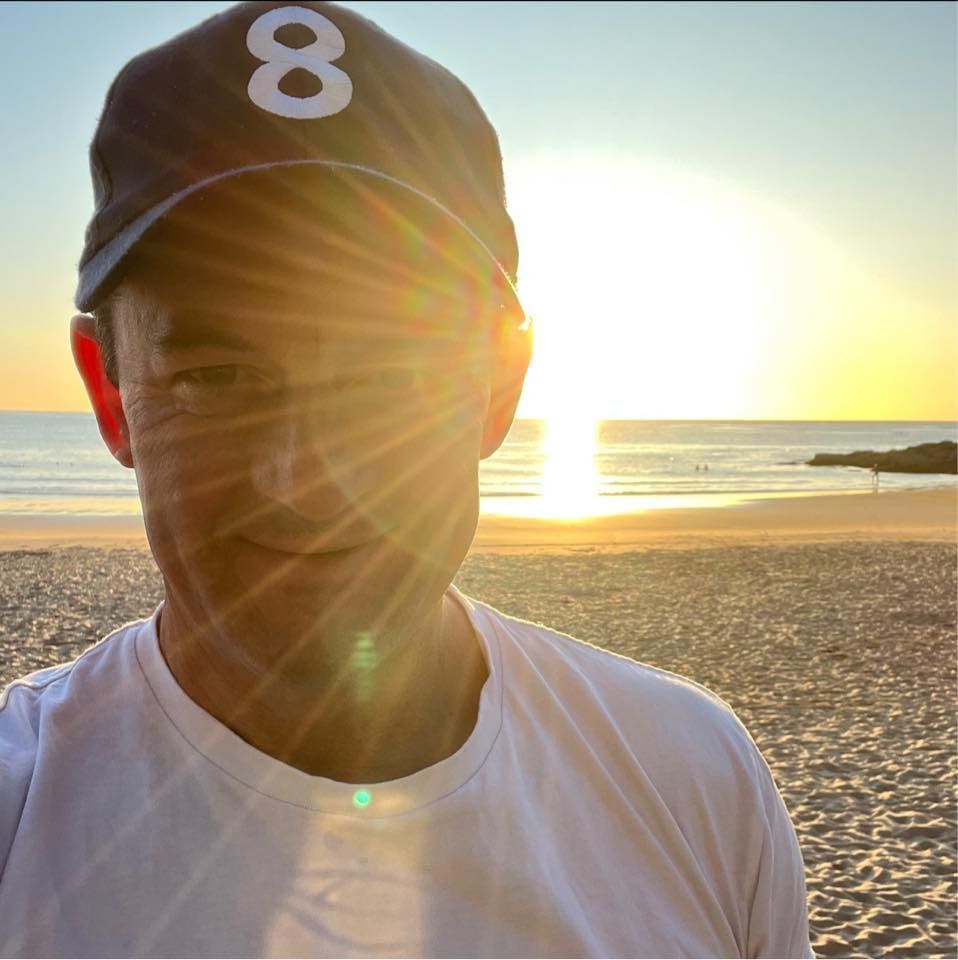
"How you wake up each day and your morning routine (or lack thereof) dramatically affects your levels of success in every single area of your life. Focused, productive, successful mornings generate focused, productive, successful days— which inevitably create a successful life." Hal Elrod (Author of The Miracle Morning )

"By three methods we may learn wisdom: First, by reflection, which is noblest; Second, by imitation, which is easiest; and third by experience, which is the bitterest." CONFUCIOUS In their book Ikigai: The Japanese Secret to a Long and Happy Life, Hector García and Francesc Miralles write that there is no word in Japanese that means to retire in the sense of leaving the workforce for good. The Oxford Dictionary defines ikigai as “a motivating force; something or someone that gives a person a sense of purpose or a reason for living”. In researching their book, García and Miralles spent time in the village of Ogimi on the Japanese island of Okinawa. Ogimi is known as the village of longevity. Its 3000 inhabitants enjoy the highest life expectancy in the world. In Japanese culture, retiring and not keeping mind and body busy is considered bad for your health since it disconnects your soul from your ikigai. Being of service to the village by continuing to be involved in community life or continuing to work is felt to be a key ingredient to longevity. In the book, 92-year-old resident Akira says: “Every day I wake up and go to the fields to grow tomatoes. Later I walk to the grocery store next to the beach and sell them. In the afternoon I go to the community center and prepare green tea for all my family and friends.” These Japanese people keep doing what they love and what they are good at even after they have left the office for the last time. The French, of course, have a similar expression—“raison d’être”—which the Oxford Dictionary defines as “the most important reason for somebody’s/something’s existence”. The more time I spend with spritely elderly people, the more I find they are still involved in their community as volunteers or working the job they loved before they “retired”. Like many of the lessons older people have taught me, we shouldn’t wait until we’re retired to adopt their happiness-inducing and youth-preserving behaviours. The definition of what makes people happy varies greatly, however in his book From Strength to Strength: Finding Success, Happiness, and Deep Purpose in the Second Half of Life, Arthur C. Brooks believes that the three major ingredients of happiness are enjoyment, satisfaction, and purpose. The satisfaction and enjoyment I receive from encouraging people to be better than they believe they are, and to press on in times of hardship, provides a real sense of meaning and purpose in my life. The Dalai Lama, when asked what surprised him most about humanity, replied: “Man. Because he sacrifices his health in order to make money. Then he sacrifices money to recuperate his health. And then he is so anxious about the future that he does not enjoy the present; the result being that he does not live in the present or the future; he lives as if he is never going to die, and then dies having never really lived.” I’ve coached many people who spent the first half of their lives chasing wealth and are now spending the second half of their lives chasing back their health. I’ve been coaching many more people lately who aren’t concerned about the health they have lost. They fear being cast aside and replaced by much younger yet inexperienced people, threatening the wealth they created while they adopted a “health is your wealth” mentality. Those deciding my client’s fates are themselves, in most cases, much younger than these seasoned campaigners. The dirtiest secret I keep for one of my good friends is his age. He invited me to his 40th, which was really his 50th and the younger folks were none the wiser. The best kept secret of my healthiest clients is also their age. I used to say the payoff of fitness is vanity. These days I say it is sanity. The peace of mind my fit "old" friends have is that they look younger than their age, because they look after themselves. In searching for ideas to support how I wanted to describe the collective suffering people have struggled with in the past yet are now enjoying equality and opportunities provided for them after many generations of struggle, ChatGPT served up the following. "Diversity refers to the presence of differences within a given setting. These differences can include various dimensions such as race, ethnicity, gender, age, sexual orientation, socioeconomic status, physical abilities, religious beliefs, political beliefs, and other ideologies." Unprompted, I was then offered, “In a broader sense, diversity encompasses the unique characteristics and perspectives that individuals bring to a group, organization, or society, enriching the collective experience and fostering a more inclusive environment.” I was invited to pitch for a consulting role with a global organisation 10 years ago and the friend who had organised the meeting warned me of the CEO’s bias toward younger people. Within 10 minutes of our meeting, the CEO was challenging the energy levels and enthusiasm of more experienced people as he called them, versus that of 20–30-year-olds. At this point, with the benefit of the heads up, I pulled out my phone and showed him a video to illustrate my point in age versus experience I went on to suggest that the challenge for the 3 standout players in this video was to teach the energetically enthused players how to do what they could do, while they were on the job, not in handover notes that will never be read.. I got the gig. I do think that ageism is the last blatant discrimination in the workplace and needs to be addressed by those with much more clout than my keyboard and contacts can achieve. The brave new world aside, Dame Carol Black from the Centre for Ageing Better brilliantly pointed out “Ageism compounds all other “isms”. Ageism and sexism; ageism and racism etc” A final word to the “whys” of those considering losing experience from their workforce is best left to Carole Eastern CEO of Ageing Better; “Ageism is prejudice against our future selves” The challenge for any generation is to assimilate with people of all ages. Most of the best advice I received in the workforce was bestowed upon me by older colleagues in a social setting for the cost of a steak and a wine, and most of the advice I have dispensed to younger colleagues has been dispensed the same way. Curiously, when I joined the workforce, the biggest shortcoming that was ever levelled at me was my lack of experience.. Age well. DL “The young have bad manners, contempt for authority, disrespect for their elders and a love for chatter instead of exercise. Children began to become the tyrants of their households ……. They no longer rise for their elders ….” Socrates
